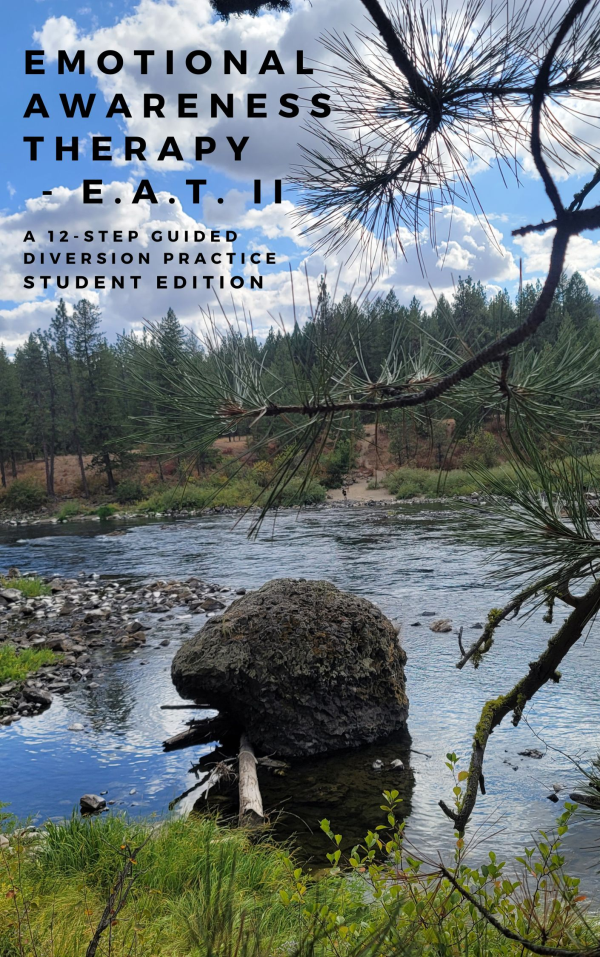Emotional Awareness Therapy – E.A.T. II
Why Join E.A.T. II
When I think about this program the acronym fits it to a “T”. See we all have a need to mature in order to survive. Yet, it’s really about what knowledge we are putting into our minds is what counts. A person can have great intentions but suffer from intergenerational trauma. With this guided diversion practice, you’ll not only nourish your mind but also learn how to heal. There’s an emotional disconnection that has been planted within our families and households. Society, as a whole, seems to have given up on our youth. Our withdrawal stems from learned behaviors that amount to cognitive distorted behaviors and can be addressed. What we offer in this guided diversion is skill and tools to manage and overcome these character flaws within our family nucleus. It is a dual approach that addresses young adults and their peers. The principles and techniques offered derive from over 20 years of self-help programming. Sometimes ignorance is bliss. What that translates to our students is they will gain insight and techniques in self-awareness. Our assurance is that if they go into this guided diversion, they’re going to grow.
This program is designed as a 12-Step 26-week Guided Diversion program that will enable participants to be more consciously aware of the dilemmas that appear in life with a viable method in dealing with emotional trauma that diverts them from acting out violently. These methods or tools help them develop better coping skills to make better and stronger decisions as we mature.
- 26-week Guided Practice
- 2-45-minute sessions
- Program guided by a facilitator
- For adults ages 16 to 24
- Taught in a workshop or classroom setting
Program objectives:
- Recognize when the path or life curves in the wrong direction.
- Learn Code Switching.
- Receive recognition and awareness.
- Associate and differentiate being in love vs. other types of love.
- Use reasoning skills to overcome jumping to conclusions.
- Become aware of how not to sabotage our lives by creating viable coping skills.
- Develop tools to better cope with feelings of resentment.
- Visualize how feelings and shame can be a powerful barrier to healing.
- Learn how to recognize our faults so we can learn from them.
- Dispel the myths that are taught to people when they are kids.
- Learn how to create and set goals.
At the end of the program, the students will become more:
- Harmonious
- Prosocial
- Considerate
- Assertive
- Responsible
- And, better at conflict resolution
The program comes with:
- Training Videos
- Facilitator Edition
- Mentors Edition
- Students Edition
- Online support
Graduates will receive:
- Certificate
- Employment Assistance
- Scholarship for Educational Purposes
- Continued Mentoring
